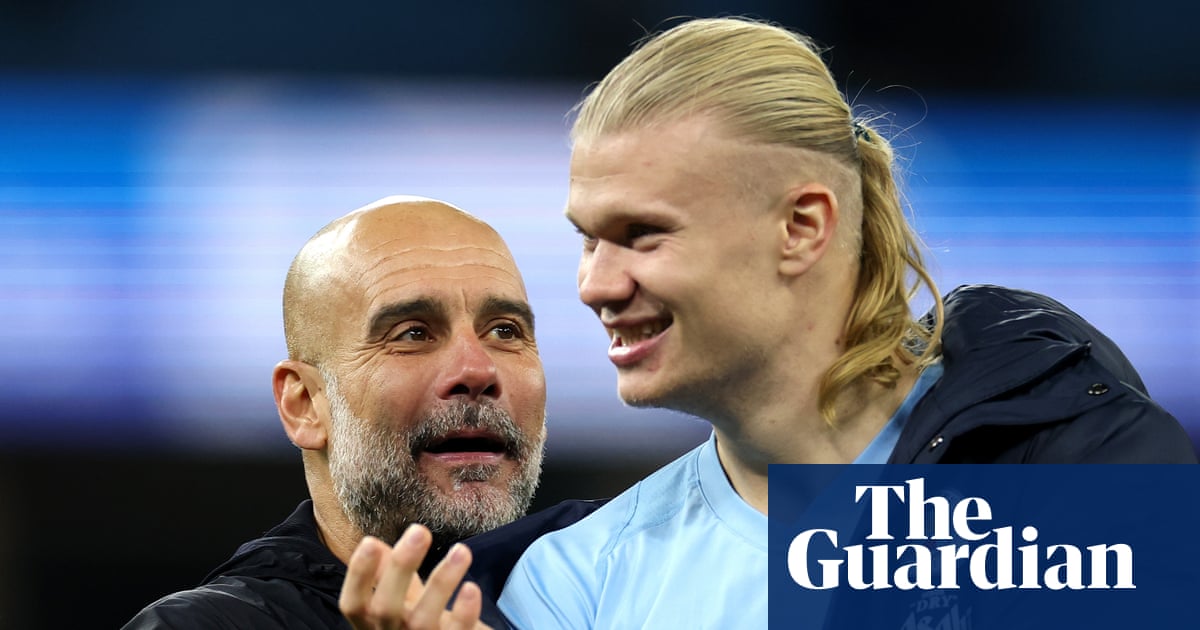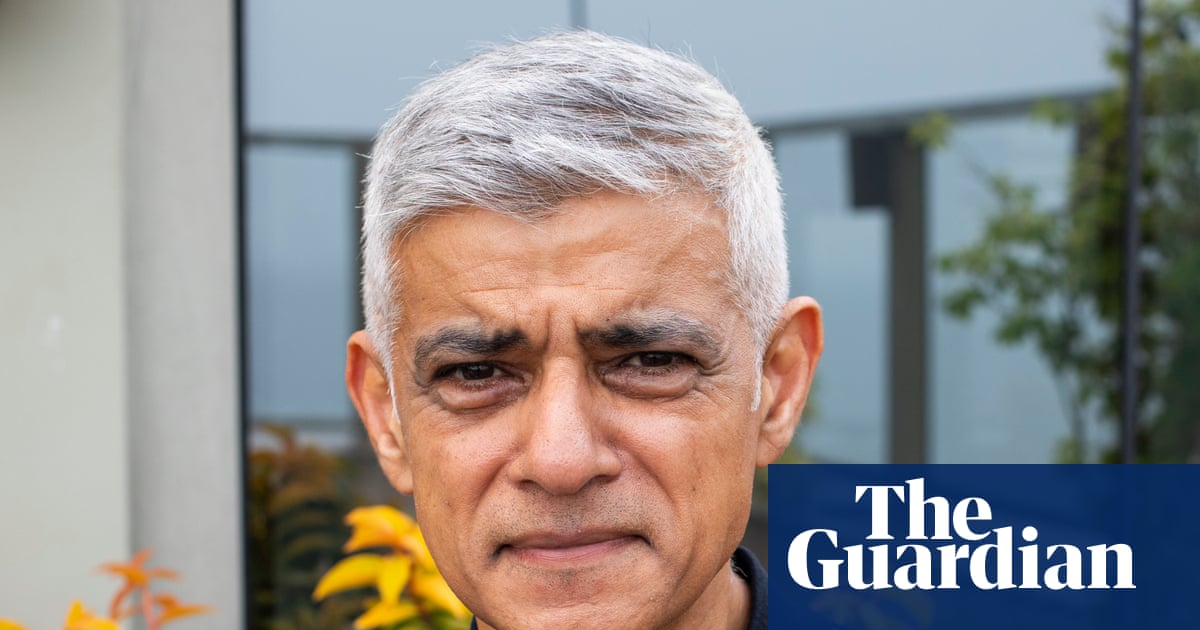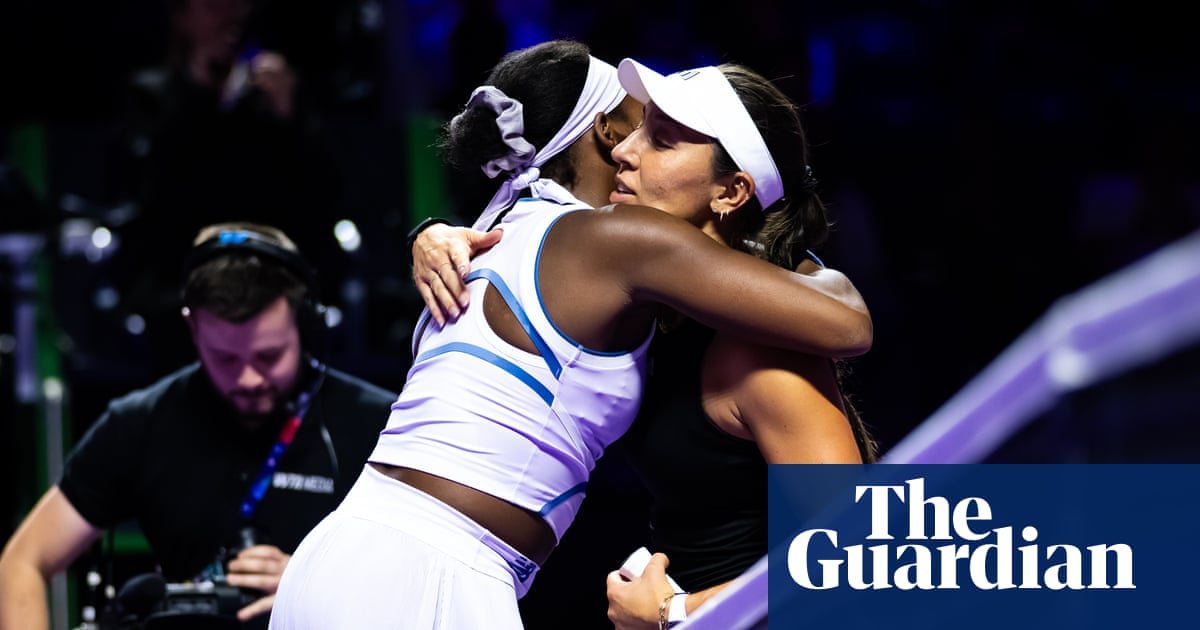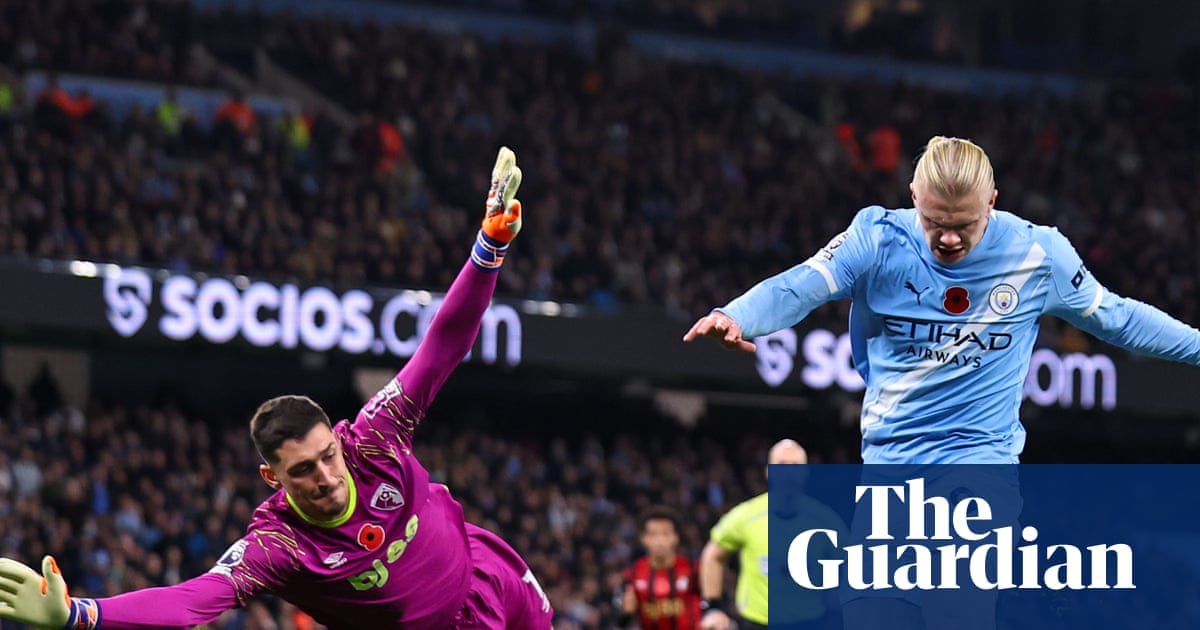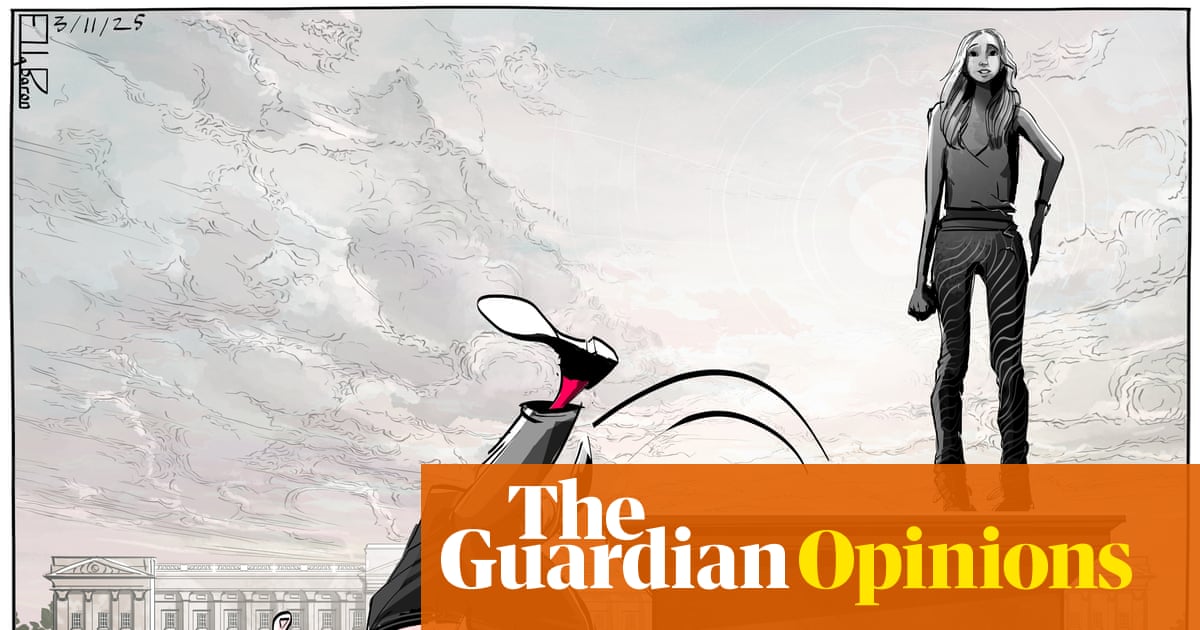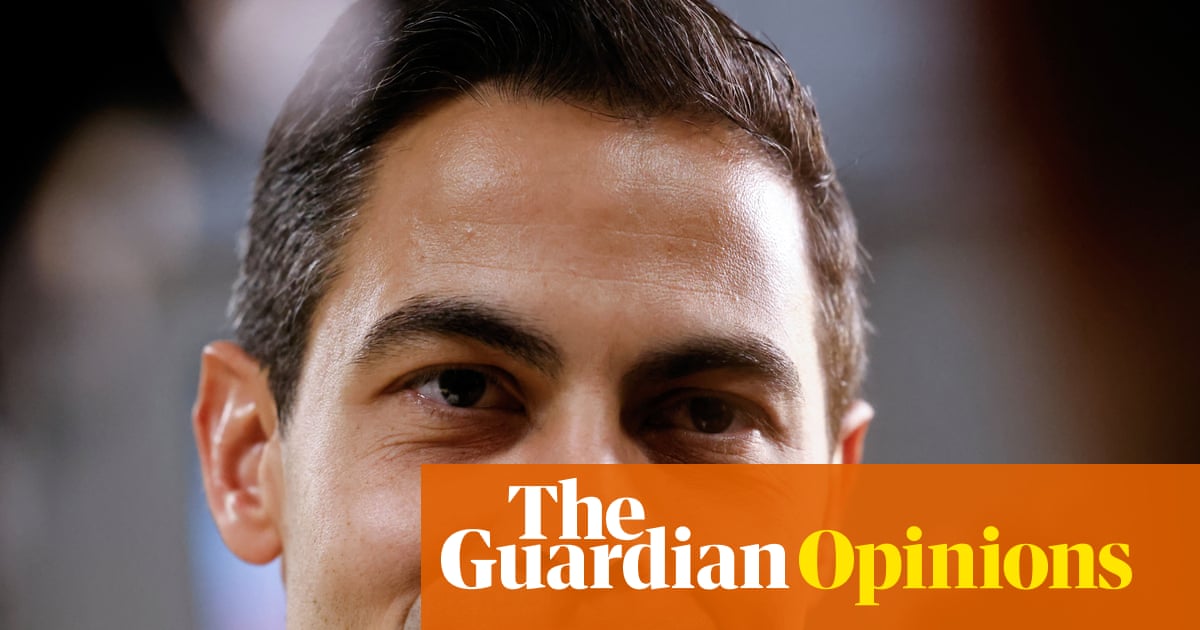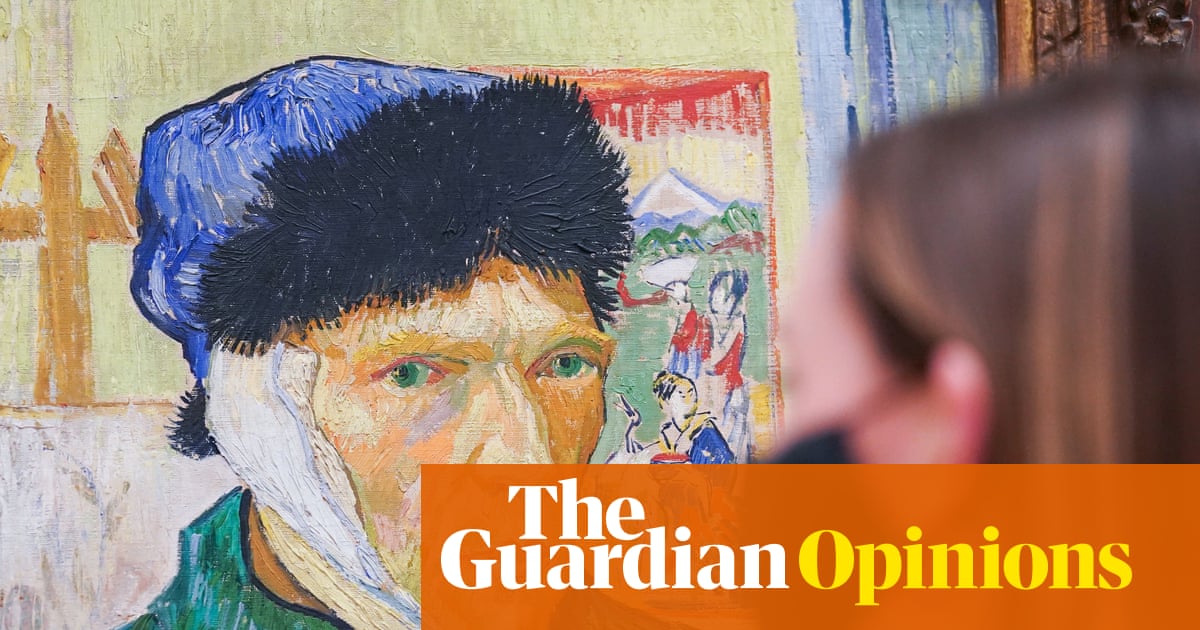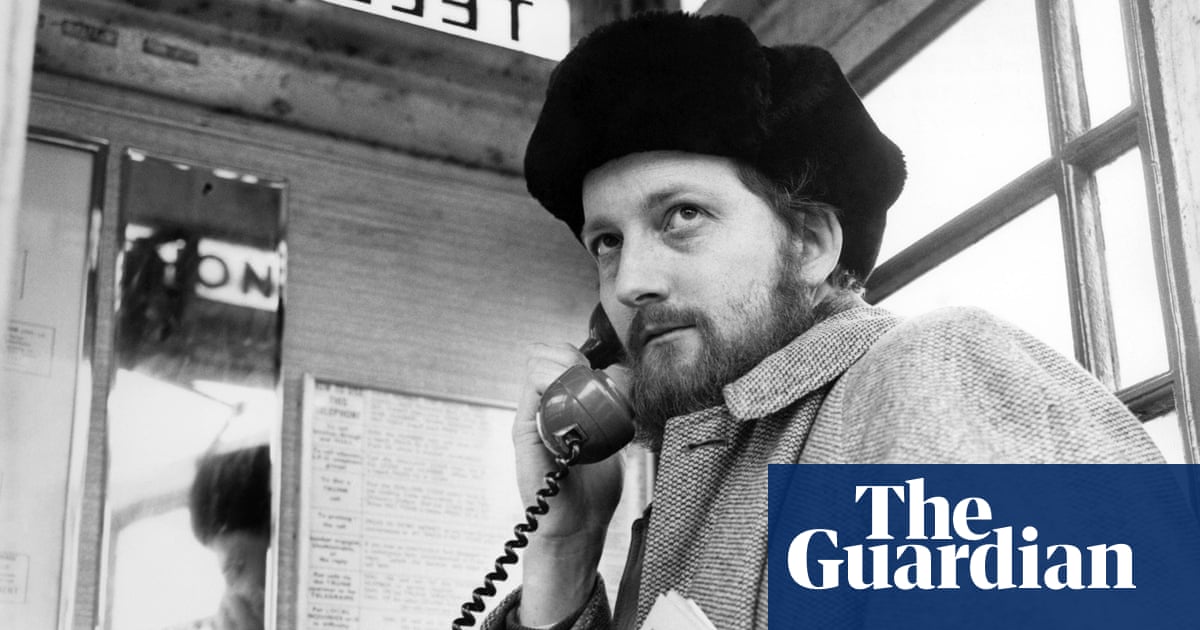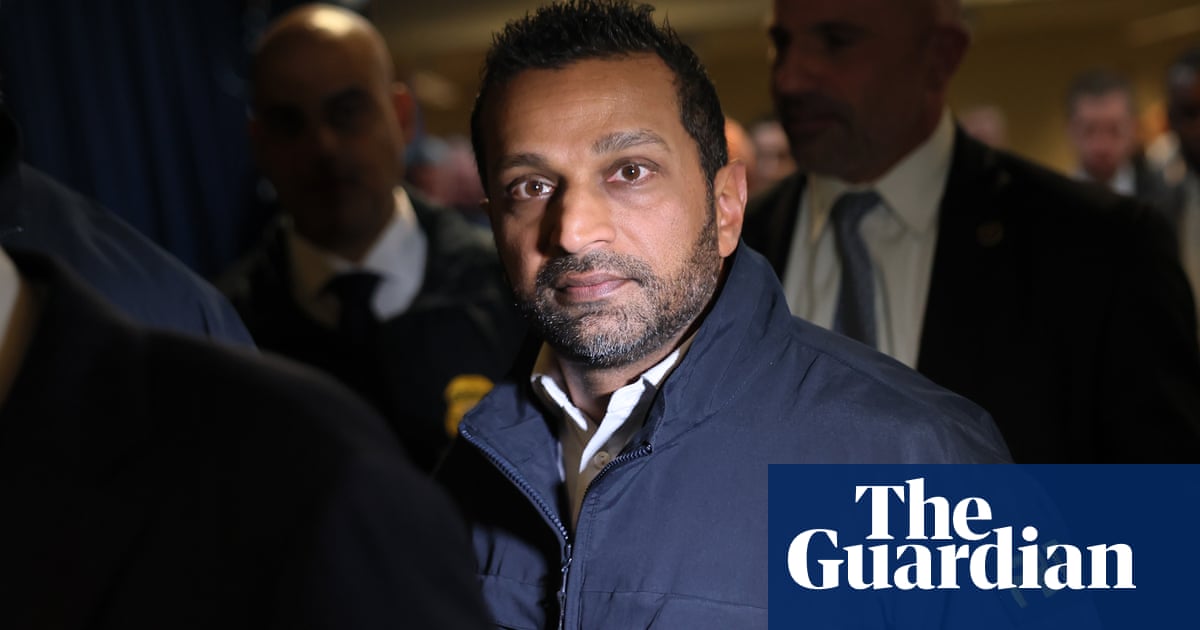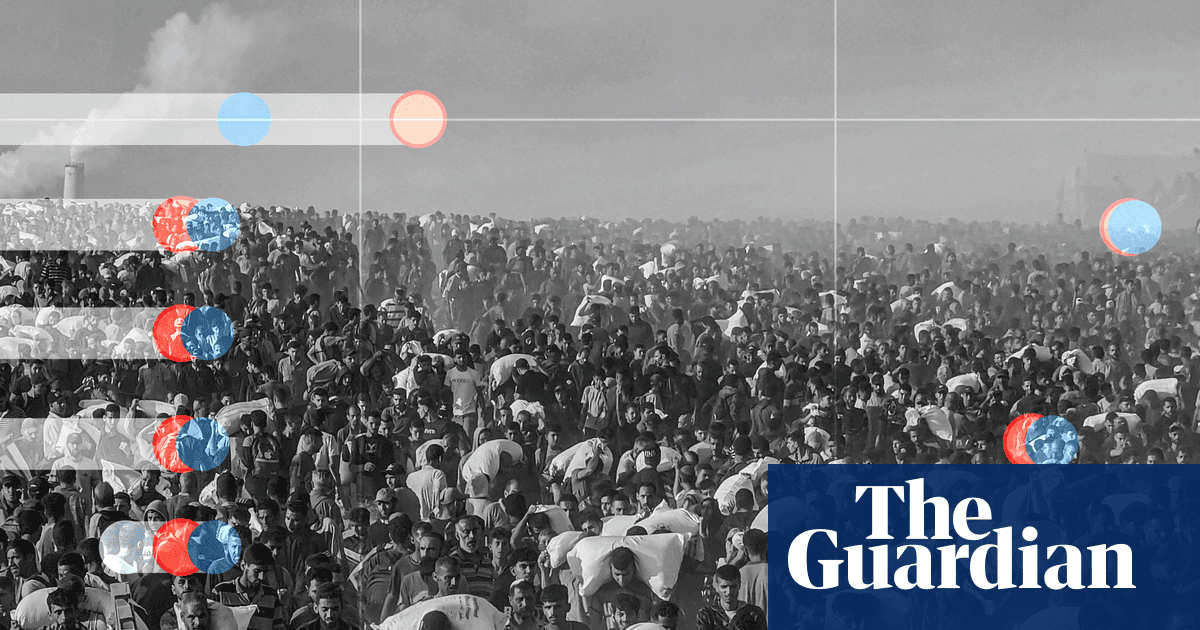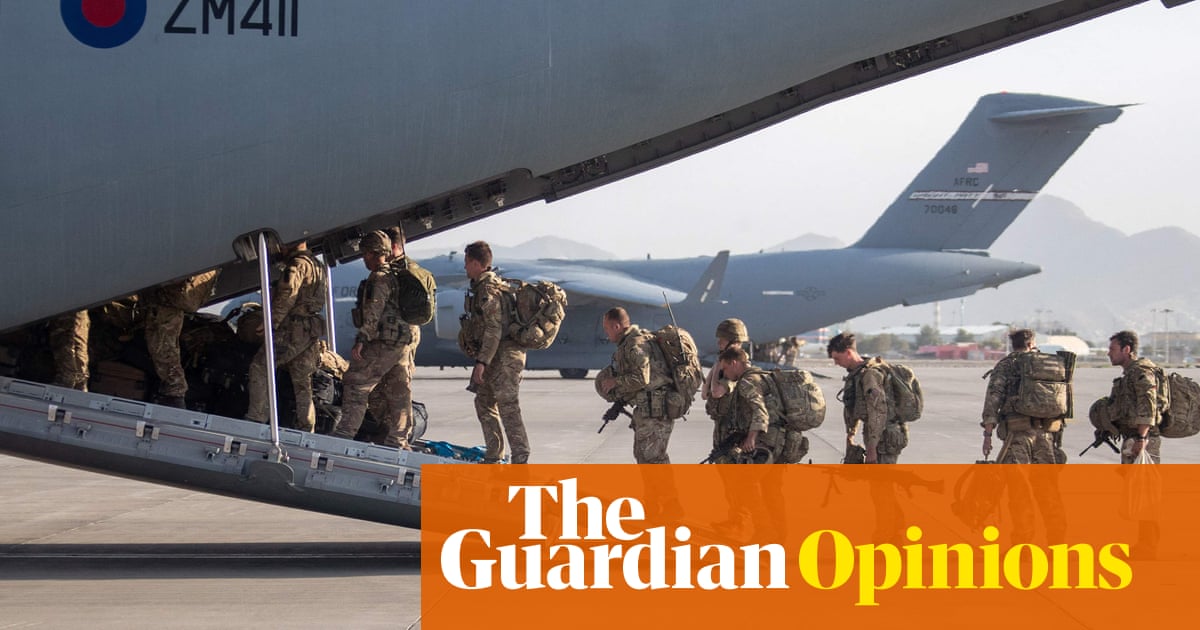It was grip-and-grin time for Ursula von der Leyen as she sat across from Donald Trump in Scotland last week, with the two announcing a deal for 15% tariffs on European imports that would avert a transatlantic trade war – but came at a stiff price for the 27-country bloc.
After committing to a unilateral US raise on tariffs that came on the heels of a Nato commitment to increase defense spending to 5% of national GDPs, von der Leyen then thanked Trump “for his personal commitment and his leadership to achieve this breakthrough”.
“He is a tough negotiator, but he is also a dealmaker,” she said, as the US president beamed.
The EU was one of just a number of parties to strike a deal with Trump before his temporary pause on new tariffs came to an end this week. And like many others, the guiding principle for the EU appeared to be: it can always get worse.
“This is clearly the best deal we could get under very difficult circumstances,” Maroš Šefčovič, the EU trade chief, said.
Others had a far bleaker interpretation of the dynamics, as Trump has wielded the threat of sky-high tariffs to cudgel his trading partners into submission.
“It is a dark day when an alliance of free peoples, brought together to affirm their common values and to defend their common interests, resigns itself to submission,” wrote the French prime minister, François Bayrou.
Hungarian prime minister Viktor Orbán put it another way: “It was Donald Trump eating Ursula von der Leyen for breakfast,” he said on his podcast. Later, he called her a “featherweight”.
World leaders have been forced to adopt a position of appeasement and pragmatism as they’ve approached the Trump administration, which has swung between imposing staggering tariffs on imports and then announcing last minute pauses and exclusions that suggest there is little rhyme or reason to the White House’s tariff strategy.
But the key factor for Trump appears to be taking whatever he can get.
Countries across Asia exporting to the US were quickest to begin negotiating new trade deals with the White House. Vietnam was desperate to cut a 46% tariff imposed on the country, and Trump early last month announced that he had negotiated a 20% rate with Vietnamese negotiators.
Except, it turned out, they believed that they had negotiated an 11% rate, Politico reported. And treasury secretary Scott Bessent this week admitted that he had never seen the deal, which the Vietnamese authorities have never confirmed.
Trump reportedly used the trade threats along with other incentives in order to broker a recent peace between Thailand and Cambodia after fighting broke out along the border between the two countries. He soon announced a 19% rate – a significant cut from 49% for Cambodia and 36% for Thailand – which appeared more motivated by international politics than trade considerations.
But while many countries in the region will breathe a sigh of relief as they avert sky-high tariffs, some see a new danger in the arbitrary redrawing of the US’s trade relationship with the world.
“What we felt during this negotiation is that the US trade environment is fundamentally changing,” South Korean trade minister Yeo Han-koo said shortly after a deal was made to tariff imports at 15%, down from a threatened 25%.
The two sides had made a verbally agreement but had not made a formal draft, he said, because the deal had to be struck so quickly.
“I think we are entering a new normal era,” he said. “So, although we have overcome this crisis, we cannot be relieved, because we do not know when we will face pressure from tariffs or non-tariff measures again.”
Leaders who have stood up to Trump are having the hardest time. Among others, Trump has focused his ire on Canada, which he has blamed for the fentanyl crisis in the US, a charge that Canada’s prime minister Mark Carney has rejected.
Trump on Friday announced that he would raise tariffs on Canada, a top trading partner, to 35%, as tough negotiations between the two sides continued.
Carney, who had coined the elections slogan “Elbows up, Canada” as a signal of defiance against Trump’s tariff and annexation threats, said he was “disappointed”.
“While we will continue to negotiate with the United States on our trading relationship, the Canadian government is laser focused on what we can control: building Canada strong,” Carney said.

 3 months ago
48
3 months ago
48

